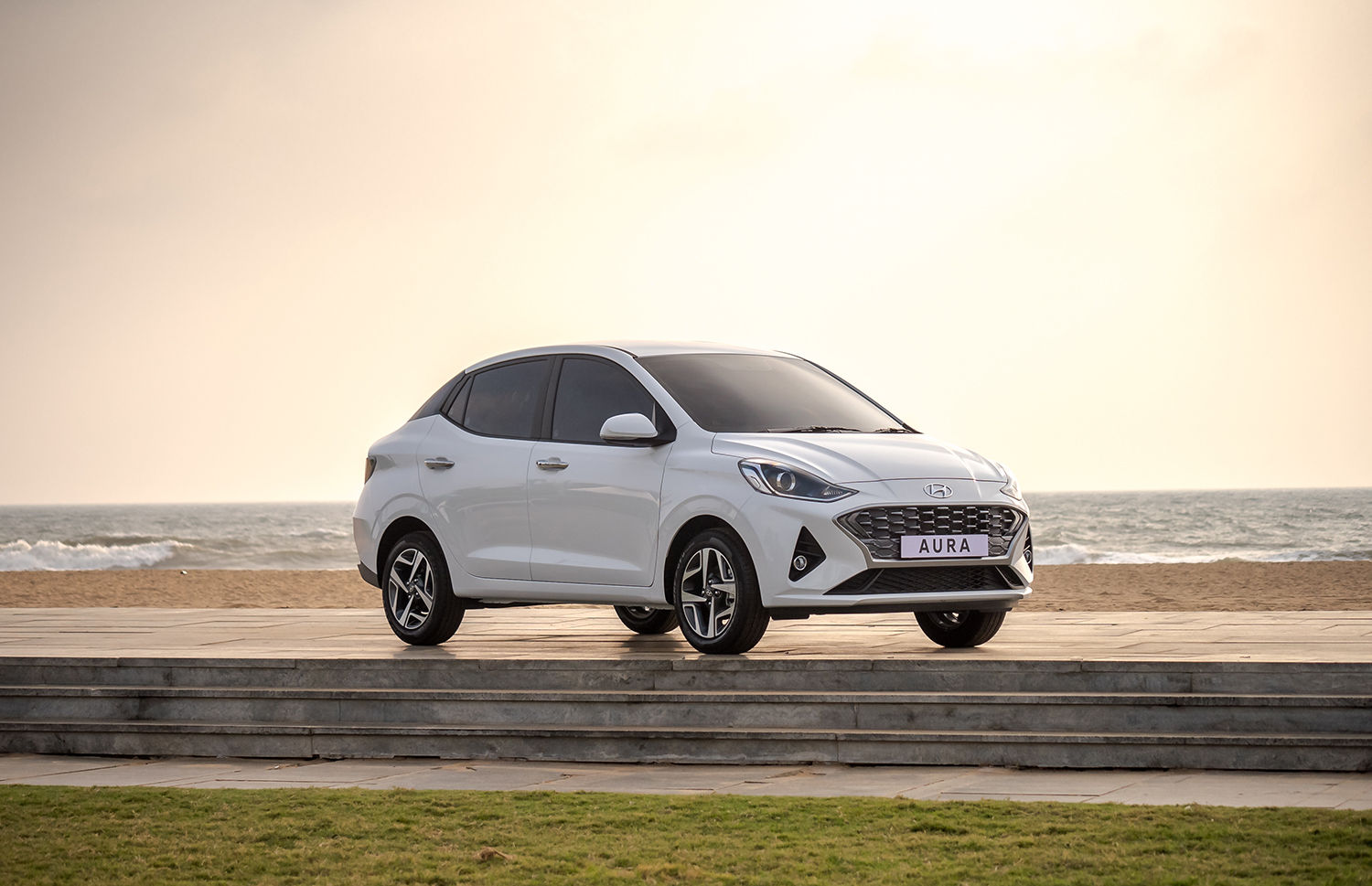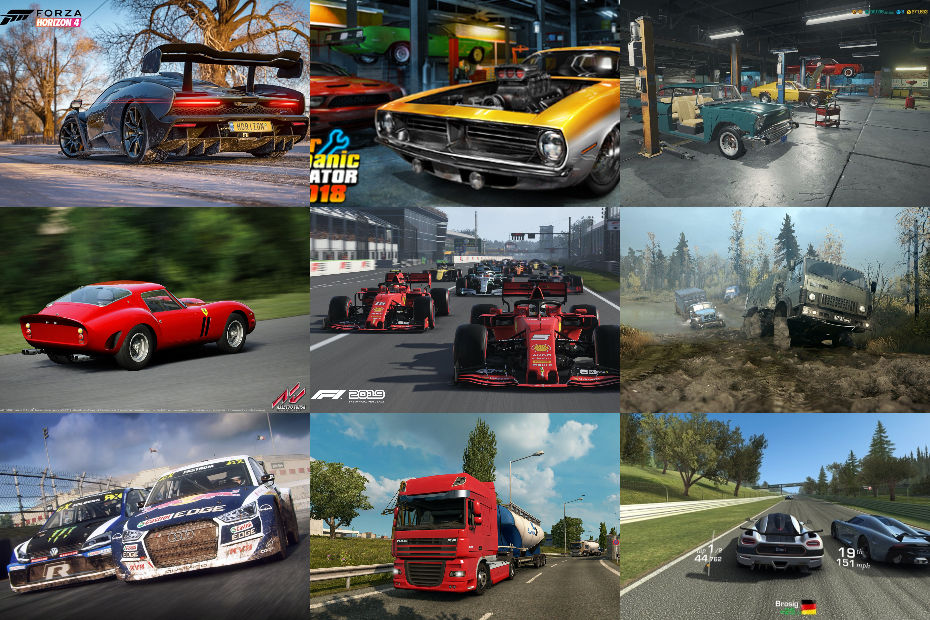Indian Automotive Industry likely to be among top three by 2020: Resurgent India
Published On Oct 18, 2013 11:28 AM By CarDekho
- Write a comment
Indian automobile industry will reach at the third position globally by the year 2020 revealed in a report issued by Resurgent India. India is currently at the bottom of top five in the list. It is world’s second fastest growing market, preceded by China and by 2020 it is expected to be among the top three global automotive markets.

On this development Mr. Jyoti Prakash Gadia, Managing Director, Resurgent India said, “India as a developing economy and the rising demand in the sector for domestic and commercial purposes has high potential to see this growth and can be achieved by 2020. Growing production capacity and speeding revenue trends are the major factors driving this achievement.”
Despite impressive growth in the preceding years, the market showed a tepid response in 2012. Various factors including rising oil prices, high inflation and overall pessimism about the Indian economy slowed the growth in the sector even though several new launches in the passenger vehicle segment were reported.
On the production front, estimates show an increase in production capacity of passenger vehicles and commercial vehicles by around 15% and 3%, respectively. In terms of volume, two-wheeler segment dominates the sector by accounting for 3/4th of the total output, whereas in terms of value, trucks account for lion share by contributing for almost half of the market. Currently, capacity utilization in the industry is less than 50% due to fall in demand since 2011 and the addition in production capacity is further pulling down the capacity utilization.
Mr. Gadia added further on the same, “Diesel vehicle and CNG will take a lead and investment in R&D by government as well private players is expected to increase. At the same time land acquisition norms, taxation complexity, increasing cost pressure, infrastructure constraints will be few of the challenges faced by the industry.”
The recent trend observed in the sector is the rising preference for diesel variants rather than petrol variants despite the fact that diesel cars are priced 20-25% higher. This makes economic sense to the consumers as long as there is a substantial price difference between two fuels.
To overcome the current downturn at the domestic front, industry should shift focus on export trade, which has witnessed a considerable growth in past few years. Global players operating in India should closely integrate Indian operations with their overall global operations to derive maximum advantage. They will have to adapt existing product portfolio/design products ground-up to make them relevant for Indian customers. Furthermore, industry players have to be committed fully to the Indian market and be prepared to be here for the long haul. In addition to that, the government of India should act as a facilitator and bring necessary changes in the current regulatory landscape to encourage private participation.















